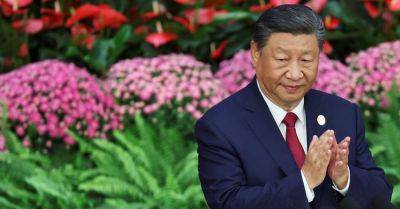China Raises Retirement Age for the First Time Since the 1950s
The Chinese government on Friday approved a plan to raise the country’s statutory retirement age, currently among the lowest in the world, in a long-awaited but broadly unpopular effort to address the challenge of its rapidly aging population.
This is the first time China has raised its retirement age since the 1950s. It will be phased in gradually, starting on Jan. 1, 2025. The retirement age for men, previously 60, will increase in increments of several months before finally reaching 63 by 2040. The retirement age for women in white-collar jobs, previously 55, will rise to 58. Women in blue-collar jobs, who previously could retire at 50, will have to work until 55.
Policymakers and experts have for decades been calling for a change to the retirement age, noting that the previous rules dated from a time when life expectancy in China was much shorter, and fertility rates higher. They warned that maintaining the status quo would severely strain the country’s work force and pension funds, with large numbers of older Chinese retiring but fewer young people replacing them.
China’s working-age population has been falling since 2012, according to official statistics, with an average annual decrease of more than 3 million people. Last year, China had 297 million people over 60 years old, or about 21 percent of its population.
But the proposal faced broad opposition, from older workers as well as from younger ones, who worried that an expanded work force would mean even tougher competition for jobs. China also lacks a strong social safety net, and age discrimination by employers is common, leaving many blue-collar workers to worry that they would be left without work but unable to draw on pensions.
In a sign of how sensitive the







